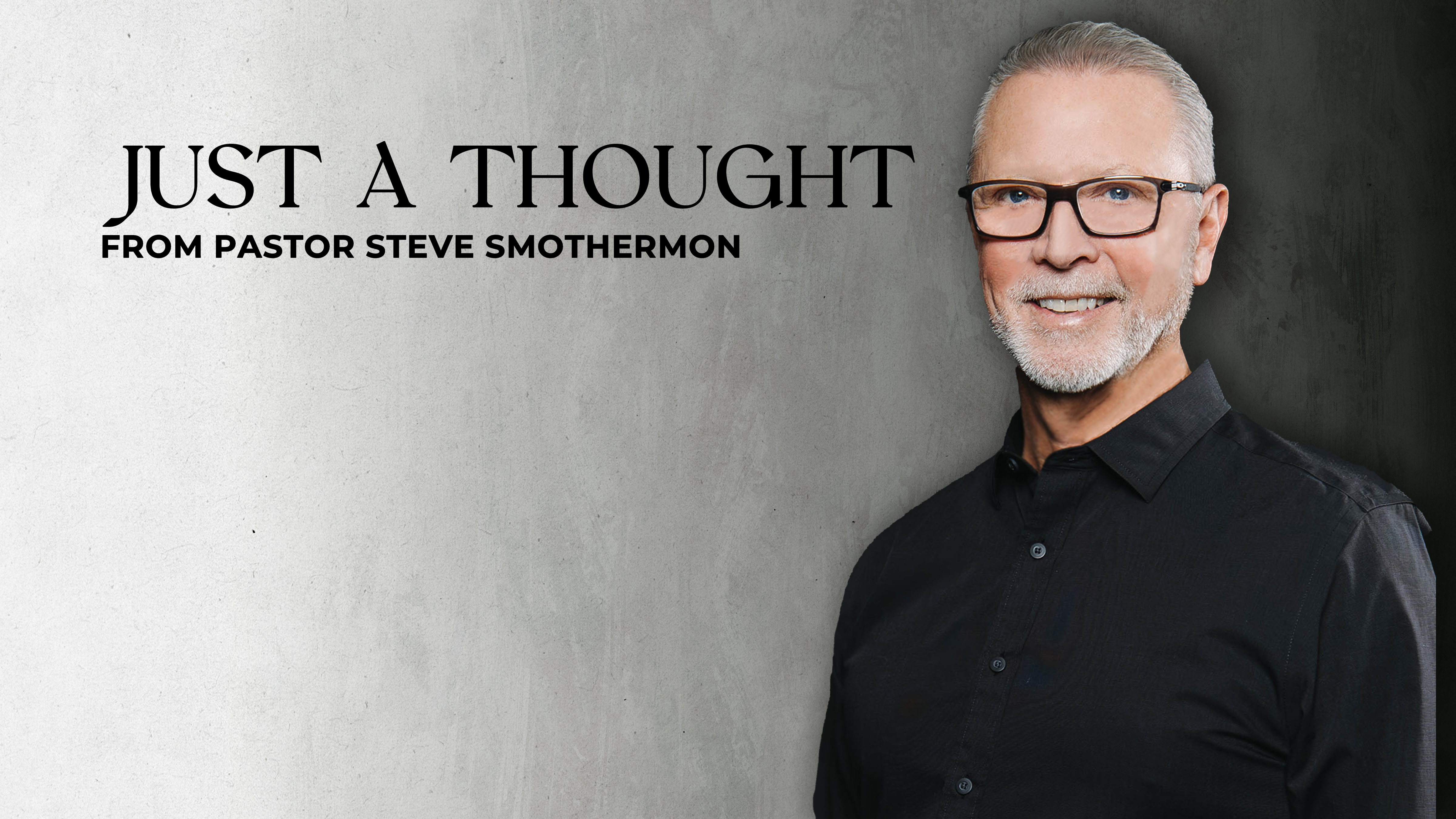The Law of Forgiveness
Forgiving means accepting what happened and finding a way to move forward.
Health benefits:
Studies have found that the act of forgiveness can reap huge rewards for your health: lowering the risk of heart attack; improving cholesterol levels and sleep; and reducing pain, blood pressure, and levels of anxiety, depression, and stress. According to the Mayo Clinic, forgiveness also brings with it improved relationships, a stronger immune system, and heart health.
What it is/is not:
Forgiveness is something we do for ourselves, not something we do for others. Forgiveness isn’t a pardon or an excuse, and it doesn’t mean you won’t continue to have feelings about what happened. You don’t pretend it never happened, or say what happened is OK. Not forgiving is the equivalent of staying trapped in a jail cell of bitterness, serving time for someone else’s crime. Unforgiveness works to destroy you, to create bitterness and resentment. We can forgive when we understand what it is and what it is not. Forgiveness is not a feeling; it is a choice, a decision. It can affect your feelings as you practice forgiving.
Seventy times seven:
Forgiveness is usually not a one-time occurrence. You may need to, by faith, forgive over and over again, until you are able to move forward. Most people know that they need to forgive for their own well-being. But there have been so many false claims about it. It is not a feeling; it is not a one-time occurrence, and there is no such thing as “forgive and forget.” God forgives and forgets, and we are not God. We forgive and move forward in life, but we do remember because we are human.
So, forgiveness must be practiced over and over again, then you will feel better and be able to move forward in life.
Just a thought,
PSS
Published on Monday, November 19, 2018 @ 7:37 AM MDT

Latest Media
Check out our latest sermons, stream church service live or see other videos and podcasts.

